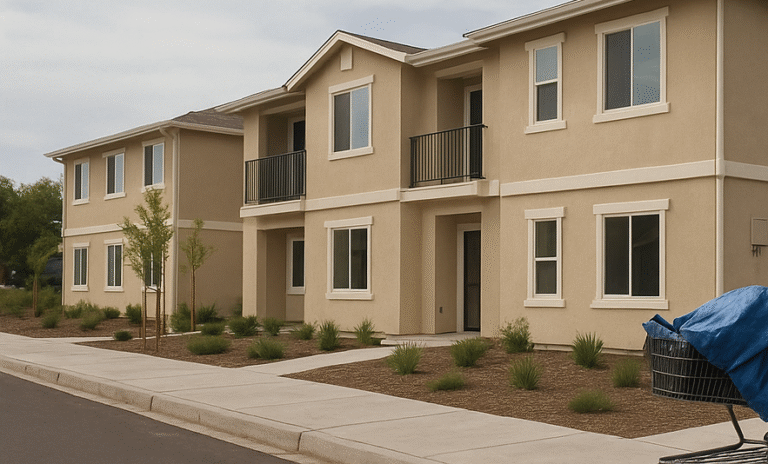California Governor Gavin Newsom unveiled a new initiative aimed at addressing the state’s escalating homelessness crisis. The initiative, announced at a press conference in Sacramento, aims to significantly increase the availability of affordable housing units, enhance mental health services, and expand housing-first programs to provide permanent homes for thousands of homeless individuals across the state.
Governor Newsom was joined by key figures such as State Senator Scott Wiener, who has been an outspoken advocate for affordable housing reform, and California Housing and Community Development Secretary Lourdes Castro Ramírez. During the announcement, Newsom emphasized the importance of addressing homelessness not only through emergency shelters but also by creating long-term, sustainable solutions. “California is the richest state in the nation, yet we have one of the highest rates of homelessness. It’s a moral crisis, and it’s time we come together and take bold action,” Newsom said.
The initiative includes a $5 billion investment to fund the construction of new affordable housing units, with a particular focus on building multi-family homes and transitional housing in high-demand areas. The initiative also seeks to streamline the permitting process for affordable housing projects, making it easier for local governments to approve and build housing in urban and suburban areas.
Additionally, the initiative includes $1 billion for mental health services, which will be allocated to counties for crisis intervention, rehabilitation programs, and support for individuals with severe mental illness. The governor and other advocates stress that addressing the root causes of homelessness, such as mental health and substance use disorders, is just as critical as providing housing itself.
The announcement of the initiative comes amid a surge in homelessness across California, with the latest state data showing that over 160,000 individuals are experiencing homelessness in the state, many of them living on the streets or in temporary shelters. The crisis has disproportionately impacted major cities like Los Angeles, San Francisco, and San Diego, where high housing costs, a lack of affordable rental units, and rising rents have exacerbated the problem.
While the initiative has been welcomed by many housing advocates and homelessness organizations, it has faced criticism from some local officials and business groups who are concerned about the potential impacts of increased housing density and regulatory changes. Critics argue that the initiative’s focus on density could lead to overcrowding and further strain local infrastructure, particularly in areas that are already grappling with traffic congestion and limited resources.
Despite the opposition, experts agree that California’s homelessness crisis demands urgent attention and that bold, comprehensive measures like those proposed by Newsom will be essential to reducing homelessness in the long term. As the state moves forward with the initiative, it is clear that the challenge of solving California’s homelessness crisis will require sustained investment, collaboration, and political will at both the state and local levels.



